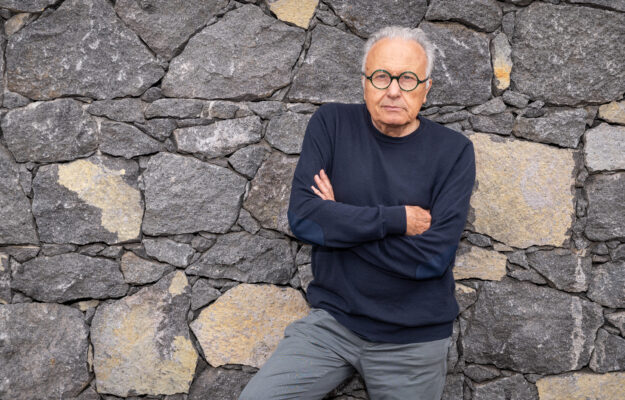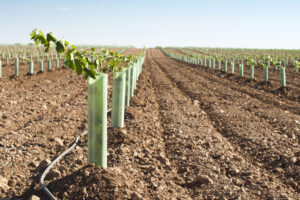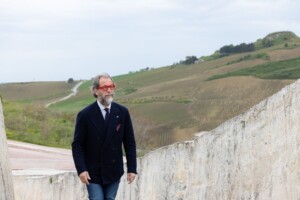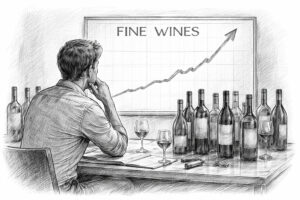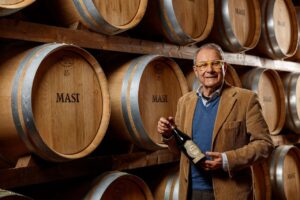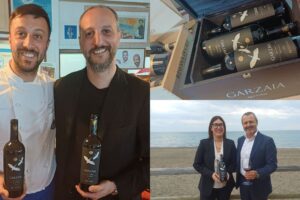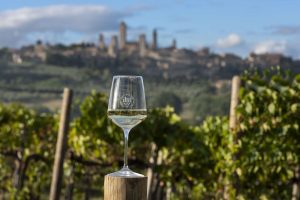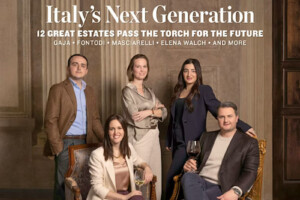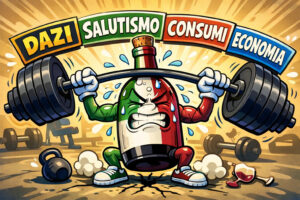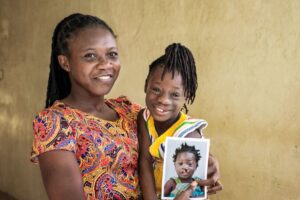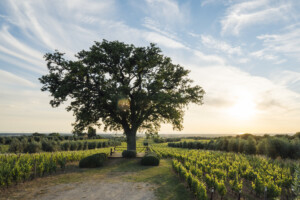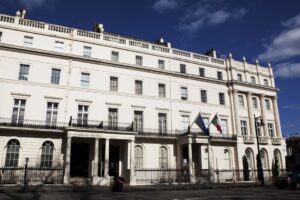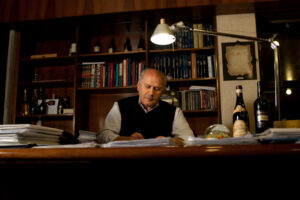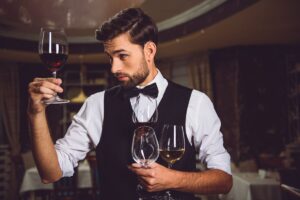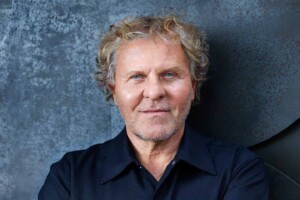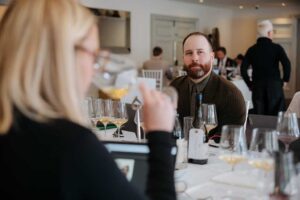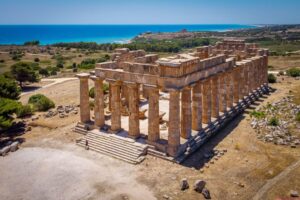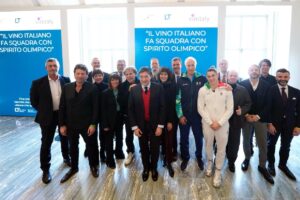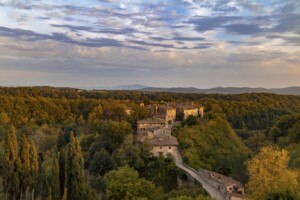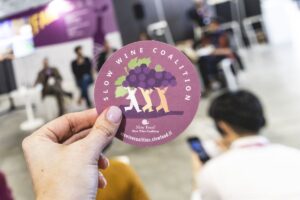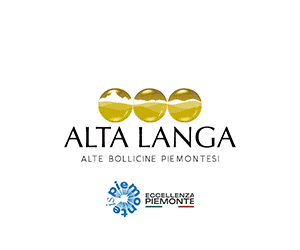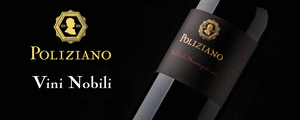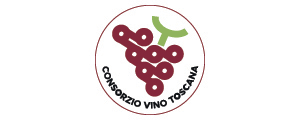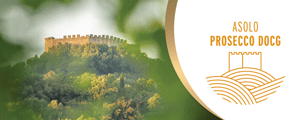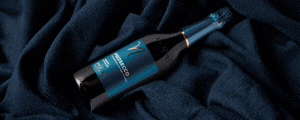Angelo Gaja, one of the most famous and respected producers in the world, an icon of Italian wine, an artisan and more and more often a“ lecturer”, opened the new Academic Year of the Italian Academy of Vine and Wine (AIVV) in Alba, at the Interdepartmental Research Center “Viticulture and Wine” of the University of Turin, directed by the academic Luca Rolle. Gaja’s lecture focused on three main points: living with and facing climate change, using resistant vines only for generic wines, changing the way of communicating wine. The president of the Italian Academy of Vine and Wine, Rosario Di Lorenzo, said, “a new year is opening in the name of research and innovation in the field of viticulture, from a University location, and in one of the top symbolic wine territories in the world”, as he nominated honorary academics wine personalities such as Angelo Gaja, Oscar Farinetti, at the helm of Eataly and wine producer (he owns several Estates of the Fontanafredda Group, in Piedmont and other regions), Ferdinando Frescobaldi, Emilio Pedron, a longtime manager in the wine world, and Luca Rigotti, at the helm of the Mezzacorona Group, Confcooperative Wine Group and Copa-Cogeca, which represents wine cooperatives in the European Union.
“roup and Copa-Cogeca, which represents wine cooperatives in the European Union. “Climate change is a concern for the health of the vineyard, and we have to learn to live with it. You can’t get rid of all the pathogens, which are increasingly aggressive, and so the ability to adapt (in the vineyard, in the winery, and on the market) becomes extremely important. For instance, introducing new choices but not considering them the definitive choice”, said Angelo Gaja, emphasizing one of the possible choices, “to place the vineyards at a high altitude, but not uproot or move the forests somewhere else, they should be left where they are”.
In his opening speech, Gaja also discussed the issue of resistant vines, but not for denomination wines. Many people are waiting for new clones, however, “it will take too much time to wait for them, and there is no time. So, we need to protect the old vineyards, those that provide quality. It is good that resistant vines are planted, but they must not enter the DOC. We have worked to enhance the denominations with their diversity, typicality and characteristics. The resistant vines are produced everywhere, and it would be a very serious standardization, a “contamination” of the DOCs”, Gaja explained. He also talked about other current issues, such as new communication strategies on wine and alcohol, but also on dealcoholized wines. “The World Health Organization (WHO) has said that alcohol is poison in any quantity, not only if it is abused. And, we still have not done anything, that is, we have not introduced anything new. We must realize that fighting against research is a losing battle, and so we must revise our message. Drink in moderation. If you know how to drink, you can overcome the risks involved, while being aware that all abuse is harmful and that alcohol is addictive”. Regarding dealcoholized beverages, which just recently can now be produced in Italy, Angelo Gaja launched another message, “ I started out against it, they seemed like a mistake to me. Now, I am not against it, as research will be able to fine-tune the methods to produce them”.
Gaja talked also about issues regarding market and value. It is necessary to intervene even more on quality to “make the bottle grow. We must work on raising the price from 2 to 12 euros, even if consumption falls”.
As far as Artificial Intelligence is concerned, Gaja stated that “ it will stimulate creativity and we need creativity. There will be an artificial nose to measure acidity, tannins, concentration. But not elegance. For that, we will always need humans”. Artificial Intelligence is the main topic during all the working days at the Italian Academy of Vine and Wine. “AI”, the Academy explained, “is revolutionizing society and production models.The wine world is also involved in this innovation. AI and machine learning techniques are finding space for specific measurements or analyses. The aim is controlling the chemical-physical state of wine, such as evaluating the presence of off-flavors, the level of sulfites or filterability, and helping the winemaker in his/her decisions. Artificial Intelligence can examine an enormous amount of data in a very short time. Such a mass of analyses processed allows for constructing more and more robust models, thereby increasing the ability to predict the evolution of chemical or biochemical phenomena, even in a complex matrix such as wine. This is the reason it is applied to predict quality, healthiness or authentication”.
Copyright © 2000/2026
Contatti: info@winenews.it
Seguici anche su Twitter: @WineNewsIt
Seguici anche su Facebook: @winenewsit
Questo articolo è tratto dall'archivio di WineNews - Tutti i diritti riservati - Copyright © 2000/2026










